It takes years of practice and commitment to the instrument to achieve mastery. In order to attain greatness, one must dedicate a substantial amount of time to perfecting the fundamentals to the point where they can tackle increasingly challenging abilities. There are a multitude of extraordinary pianists in the world. However, who are the most talented keyboardists? Consideration has been given to our favourite players; they must be imaginative, exceptional performers, and possess extraordinary technical prowess.
List Of Top 10 Best Keyboard Players In The World (2024 Update)
1. Herbie Hancock
In jazz, Herbie Hancock helped define the post-bop idiom. It was his 1963 membership in Miles Davis’s Second Great Quartet that propelled him to prominence. During Hancock’s tenure, the quartet incorporated rock and popular music elements, and Hancock was compelled by Davis to acquire more electric keyboard techniques.
Across the course of his career, Hancock consistently demonstrated the ability to readily acclimatise to novel instruments. Following his mastery of the electric keyboard, he initiated the process of fusing its sounds with acoustic ones. His later musical compositions exhibited an electronic flair and were influenced by contemporary classical composers. They were improvisational in nature.
Between 1978 and 1982, Hancock composed a number of disco and mainstream compositions influenced by jazz. His Grammy-winning single “Rockit” debuted in 1983 as the inaugural jazz hip-hop composition and the first mainstream single to incorporate the scratching technique.
2. Lyle Mays
Lyle Mays is widely recognised for his contributions to the Pat Metheny Group, an ensemble that has been nominated for and won eleven Grammy Awards. His principal responsibilities included sound design and the creation of novel compositions. Mays toured for approximately eight months with Woody Herman’s jazz ensemble, Thundering Herds, earlier in his career.
Mays, a jazz piano pioneer who is universally admired, derived great pleasure from crafting classical compositions that employed cutting-edge harmonic aesthetics and structural innovation. Having self-taught computer programming and music synthesis, he eventually developed new noises in collaboration with keyboard manufacturers Kurzweil and Korg.
Mays collaborated with Marc Johnson and Peter Erskine and established the Lyle Mays Quartet alongside Bob Sheppard, Eric Hochburg, and Mark Walker, in addition to his work with the Pat Metheny Group. Lyle Mays would undoubtedly be at the top of the list of the greatest keyboard players if it were up to me to rank them, but I am only one participant in this discourse.
3. Rick Wakeman
Rick Wakeman, an additional progressive rock luminary, gained widespread recognition for his contributions to the band Yes during the 1970s. A few concept albums were also published during this period, and he also assembled the English Rock Ensemble, a rock band that continues to perform to this day.
Wakeman performs on a Hammond organ, a synthesiser, and standard grand and electric pianos. At one point, he advocated for the Mellotron, an apparatus that functions via a bank of pre-recorded tape segments that are triggered by distinct keys on its keyboard. In lieu of tape segments, he and David Biro created the Birotron, which utilised the 8-track cassette format. Manufacturing the Birotron was costly, and digital synthesisers impeded the instrument’s success.
Wakeman has authored and produced music across a diverse range of genres, which includes the minor pop success “Glory Boys” (1985) and several ambient, New Age, and Christian albums (Country Airs (1986) and The Gospels (1987).
4. Stevie Wonder
An assessment of Stevie Wonder’s influence on R&B is insufficient. His innovative utilisation of synthesisers and other electronic musical instruments during the 1970s revolutionised the genre’s sound, bringing it into the era of the next generation. Wonder is not merely an innovator of sound; it is a hit generator. He achieved number one singles as early as the age of 13, including “Fingertips,” which peaked at the top of the Billboard Hot 100 in 1963, becoming the youngest artist in history to accomplish this feat.
Although Wonder was a mainstay in R&B music, he incorporated a variety of instruments into his repertoire, including congas, drums, bongos, melodica, synthesiser, and harmonica, with a funky piano approach. Additionally, he advanced the concept album. He is also one of the most successful musicians of all time, having sold in excess of 100 million copies of his music. He has also been honoured with inductions into the Songwriters Hall of Fame, the Rhythm and Blues Music Hall of Fame, and the Rock and Roll Hall of Fame, in addition to a star on the Hollywood Walk of Fame.
Thus, it can be concluded that Wonder did not adhere to a particular genre or aesthetic. His inclusion on this list is due to the fact that his piano playing demonstrates this disregard for musical distinction.
5. Ray Manzarek
Alongside his companion Jim Morrison, Ray Manzarek was a founding member of the Doors. The band, which was active in the late 1960s and early 1970s, amassed more than 100 million records in total sales and gained notoriety for their evocative, dark compositions and Morrison’s audaciousness as lead vocalist. While Manzarek predominantly performed the piano, he did provide occasional contributions as the main vocalist. His sound was significantly shaped by his tender affection for jazz and blues, which he had preserved since his youth. The outcome was a fusion of jazz and rock that came to define the Doors’ music.
Manzarek has engaged in numerous artistic collaborations since his tenure with the Doors, among them being Weird Al Yankovic, Iggy Pop, and Bal. He also produced the debut album of the punk band X, for which he served as a mentor. During the course of his career, he authored several volumes, including a biography and several works of fiction.
6. Chick Corea
Chick Corea is the composer of numerous jazz standards, such as “Windows,” “Spain,” and “La Fiesta.” Although he has won 23 Grammys, he has received over 60 nominations. In the late 1960s, jazz fusion emerged, an artistic movement to which both he and Miles Davis made significant contributions. In jazz, he is regarded alongside McCoy Tyner, Keith Jarrett, and Herbie Hancock as a pianist of exceptional calibre.
Corea distinguishes himself by processing the output of his electric piano with a ring modulator. On occasion, he would even stroke the piano strings by reaching inside. His ensemble Return to Forever utilised electronic and acoustic instruments and drew inspiration from Latin American music rather than rock.
Throughout his career, Corea has collaborated with numerous artists, most notably pianist Herbie Hancock. Later on, when performing together, they adopted a dueling-piano format, even improvising music and playing each other’s compositions.
7. Keith Emerson
Keith Emerson, one of the most esteemed and accomplished keyboardists of all time, is arguably best recognised for composing rock arrangements of classuical music compositions for the Nice. Additionally, he was a member of one of the most renowned progressive rock ensembles of the 1970s, Emerson, Lake & Palmer (ELP).
Emerson, and as a result, the music of ELP, fused elements of classical composition with their rock songs. Additionally prosperous was his solo endeavours, which included composing his own music and feature film compositions. His performances are renowned for the occasional use of pipe organs in addition to Hammond organs.
Emerson completed his career as a solo artist, although he reformed ELP for a few more albums and tours in the 1990s and early 2000s. He is widely recognised by numerous critics for facilitating the accessibility of classical music to all.
8. Jon Lord
Jon Lord, similar to numerous eminent keyboardists who came before him, skillfully combined two distinct musical genres—such as baroque or rock with classical—to create a piece that inspired new generations of audiences to move. While his contributions to Deep Purple as a hard rock band are well-known, he also played for Whitesnake and Santa Barbara Machine Head, among others.
He has received recognition from academic institutions due to his widespread acclaim. Awarded an honorary doctorate of music by the University of Leicester and an honorary fellowship of Stevenson College in Scotland, respectively. He received his induction into the Rock and Roll Hall of Fame in 2016 as a member of Deep Purple.
Lord was notorious for using Marshall amplifiers to equal the volume of Deep Purple guitarist Richie Blackmore’s Hammond organ. It was a daring decision on his part to forego the use of the Moog synthesiser, considering its notoriety among notable musicians including Keith Emerson.
9. Jordan Rudess
Progressive rock performances were simplified by Jordan Rudess through the process of mapping multiple noises from multiple keyboards to a single unit. Then, for each concert, he could arrange these sounds in any manner he desired by cycling through them with a foot switch. In order to ensure that he could deliver the desired sound at the desired time, Rudess quickly integrated new technologies (such as iPads and iPhones) into his concerts, rather than limiting himself to keyboards alone.
Following the establishment of his software company Wizdom Music in 2010, Rudess formed collaborations with keyboardists Kevin Chartier and Eyal Amir. Collaboratively, they developed tablet computer technology that enhances sound synthesis and creates novel approaches for music performance and recording.
For performances, Rudess even employs a customised swivelling keyboard and synthesiser. He continues to introduce innovative software and technology to the general public and live performances, despite the fact that his tenure with the progressive rock band Dream Theatre is more widely recognised. Beyond being one of the preeminent contemporary keyboardists, his artistic contributions will continue to influence and enlighten succeeding generations of instrumentalists.
10. Vangelis
The renowned “Titles” theme from Chariots of Fire (1981) was composed by Vangelis. It is not limited to film music; it is an integral part of popular culture, having been featured in movie trailers, television advertisements, and medal presentations for the London 2012 Olympics.Even if his career had been confined to that solitary composition, Vangelis would have made an indelible mark on the annals of film and music. He has been lauded by the American Film Institute for composing, among many others, the scores for Blade Runner (1982) and Alexander (2004), which are among the greatest film soundtracks of all time.
However, Vangelis did not begin his career in the film industry. In the 1960s, he initiated his involvement with the Forminx and Aphrodite’s Child. Beginning with animal documentaries, he eventually composed scores for conventional films. During his more than half-century-long career, he composed and performed on over fifty critically acclaimed albums.




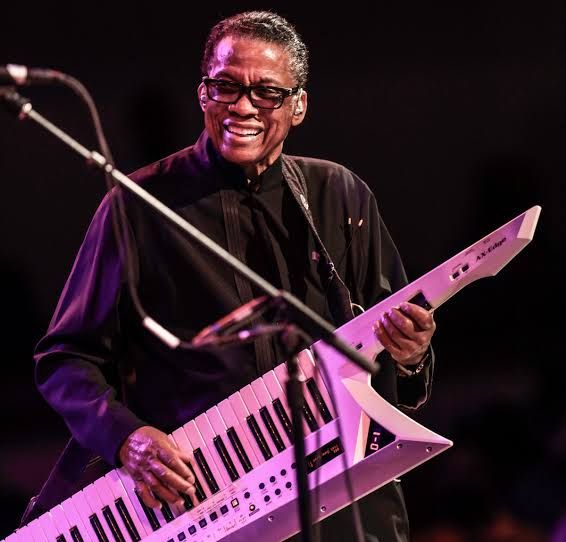
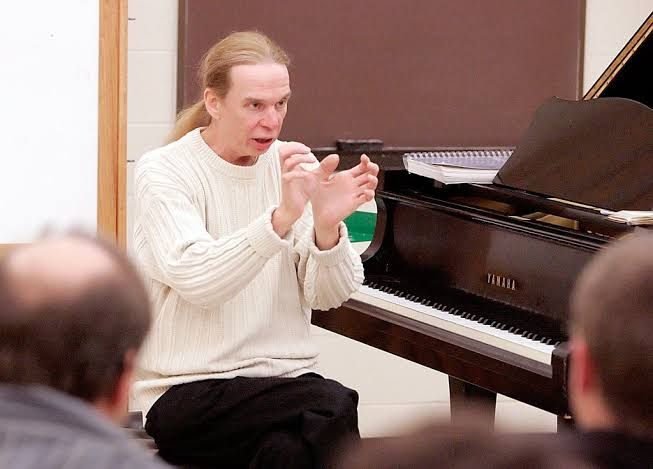

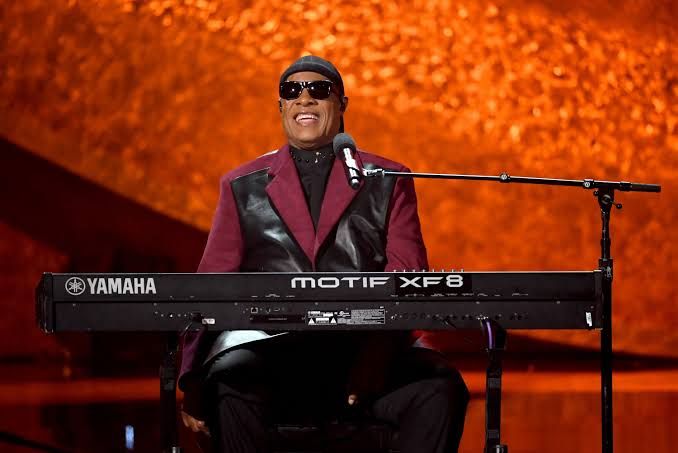

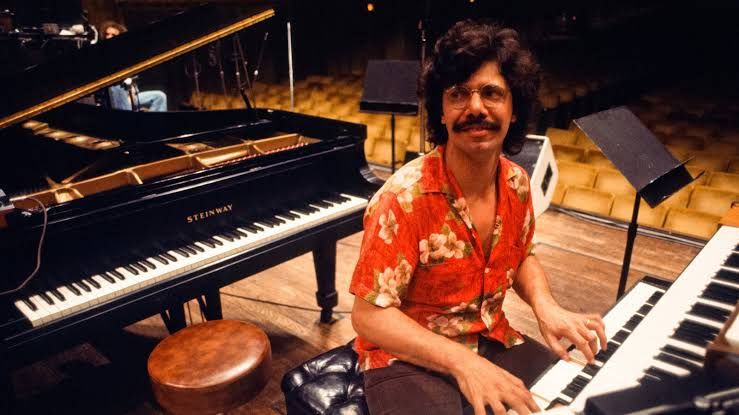

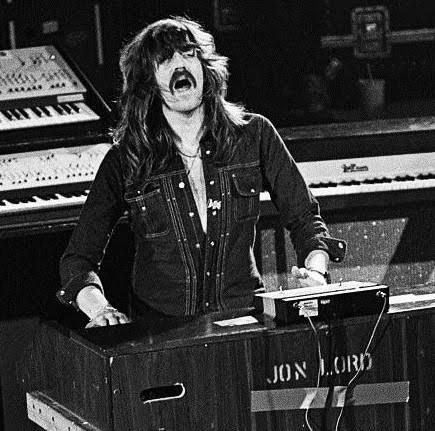



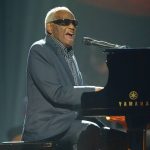
et keith jarrett??????????
http://2fight.info/dizayn-interer/osnovnie-pravila-vipolneniya-prodazhi-b-u-serverov-chto-nuzhno-znat
Очень актуальные события модного мира.
Важные новости лучших подуимов.
Модные дома, торговые марки, haute couture.
Свежее место для трендовых хайпбистов.
https://metamoda.ru/
Mark Kelly Marillion !!!!!
Стильные советы по подбору стильных образов на любой день.
Статьи экспертов, новости, все новые коллекции и шоу.
https://penposh.com/blogs/178061/%D0%A7%D1%82%D0%BE-%D1%82%D0%B0%D0%BA%D0%BE%D0%B5-%D0%B0%D0%B7%D0%B0%D1%80%D1%82%D0%BD%D1%8B%D0%B5-%D0%B8%D0%B3%D1%80%D1%8B
Стильные заметки по выбору отличных видов на каждый день.
Мнения стилистов, события, все дропы и мероприятия.
https://omskdaily.ru/news/2024-09-20-10-samyh-vliyatelnyh-dizaynerov-2024-goda-trendsettery-kotorye-izmenyayut-modu/
На нашем онлайн-ресурсе вы можете купить изделия бренда знаменитого бренда Loro Piana. Представленный ассортимент включает роскошные продукцию, производимые с учётом природного сырья и традиционного мастерства. Погрузитесь в мир стиля и комфорта, который предлагает бренд Loro Piana.
https://loropiana.whitezorro.ru
Pinterest is really an modern System that serves as being a digital canvas for Artistic expression. Users can curate their particular boards, collecting and organizing intriguing visuals relevant to subjects starting from interior design to vogue trends.
The site’s algorithm indicates suitable content material according to customers’ passions, Therefore introducing them into a broader spectrum of ideas. This personalized solution boosts the exploration working experience and fosters creative imagination.
https://www.northwestu.edu/?URL=https://files.fm/f/c49h74jvhh
https://www.metooo.es/u/66fa5c5282e67f7d81398ca4
https://maps.google.gg/url?q=https://gold-pineapple-m4g52r.mystrikingly.com/blog/your-best-guide-to-the-best-unique-engagement-ring
Phine London’s Pinterest web site provides a curated glimpse into the planet of design and style and artistry, inspiring followers with its unique aesthetic. Whether in search of inspiration for personal initiatives or Skilled endeavors, Pinterest is an invaluable source for unlocking creativity.
В этом магазине можно приобрести обувь New Balance с доставкой. Оцените лучшие модели прямо сейчас.
https://ticketsbookmarks.com/story18381828/nb